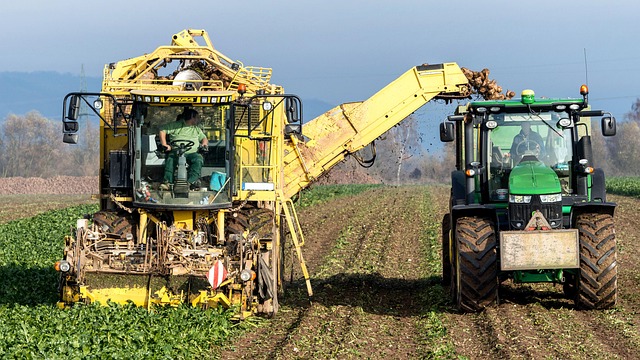In an era where the consequences of climate change are felt across the globe, the concept of sustainable development is more critical than ever. The intersection of this model with environmental education offers profound opportunities for individuals and communities to embrace a future that respects our planet. As we dive into the cycle of sustainable development, it becomes clear that knowledge is the most powerful tool we have in diminishing our ecological footprint and promoting a sustainable lifestyle.
Environmental education equips individuals with the awareness and sensitivity necessary to make informed decisions about their impact on the environment. By understanding the principles of sustainability, learners can identify their own ecological footprints and explore ways to reduce them. This educational journey allows people to see the connection between individual actions and their broader effects on our planet, prompting a shift towards more sustainable behaviors.
Furthermore, the integration of green technologies into environmental education enhances this learning experience. Schools and educational institutions are increasingly adopting curricula that emphasize innovative eco-friendly solutions—from solar energy systems to waste reduction strategies. By providing students with hands-on experience in green technologies, we ignite creativity and inspire future generations to innovate toward a more sustainable future. The practical applications of this education not only enrich academic learning but also prepare students for careers in the growing green economy.
As society pushes towards a carbon-neutral future, it is essential that environmental education remains at the forefront. Encouraging learners to think critically about carbon emissions and environmental impact fosters a culture of accountability and action. Initiatives such as community clean-up programs, tree planting events, and eco-awareness campaigns promote a sense of stewardship toward local ecosystems, instilling values that extend beyond the classroom.
Moreover, while individuals can make a significant impact, systemic change is equally vital. Engaging with policymakers and advocating for sustainable practices within legislation underscores the importance of integrating environmental education into national curricula. Policymakers must recognize the need for informed citizens who understand the implications of their choices. By investing in educational programs that promote sustainability, we lay the groundwork for future leaders who can drive transformational change.
As we explore the myriad ways in which sustainable development intertwines with environmental education, it becomes apparent that this cycle fuels not only individual growth but also communal resilience. Schools, families, and communities can all play a part in fostering an environmentally literate society, paving the way for sustainable growth and development. By actively participating in this cycle, we can cultivate a shared vision for a future harmonized with nature, where ecological balance is not only aspirational but a reality. The journey towards sustainability begins with education, creating a ripple effect that spreads hope and commitment across the globe.




